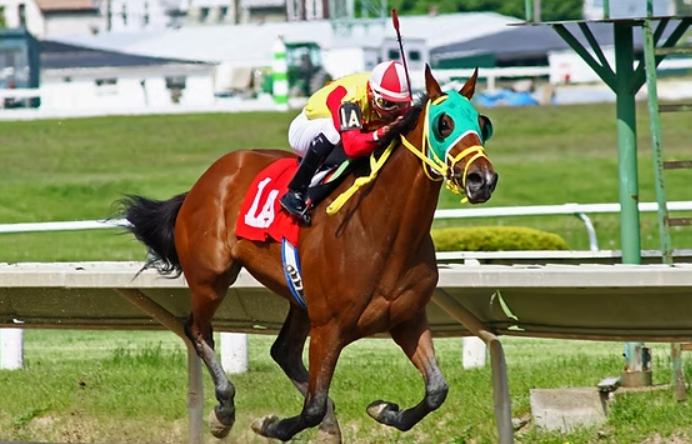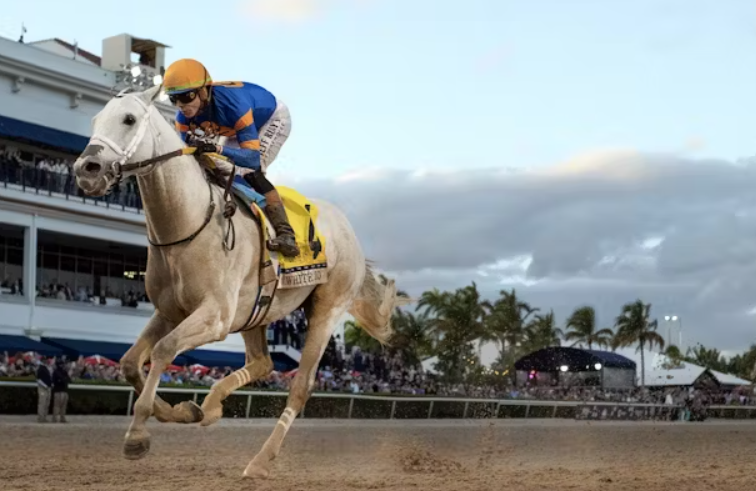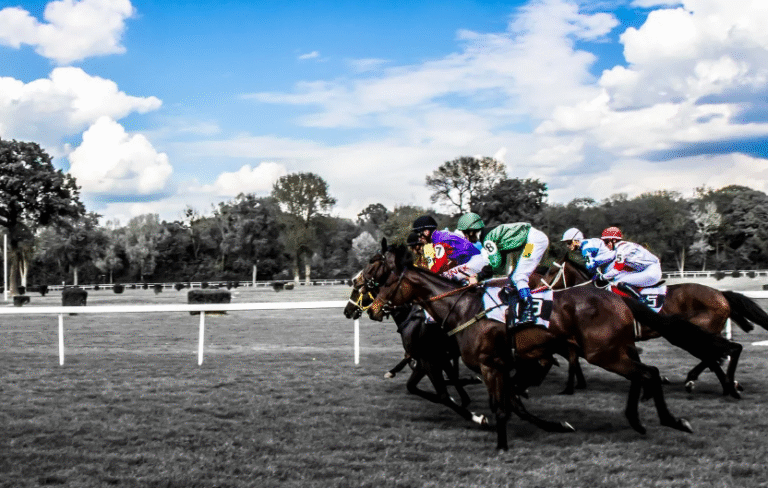The Importance of Nutrition for Racehorses
Nutrition plays a critical role in the performance of racehorses. A well-balanced diet provides essential nutrients necessary for energy, muscle development, and recovery. Inadequate nutrition can lead to diminished athletic ability and health issues. Caretakers must recognize the significance of feeding practices and the potential pitfalls. Understanding these elements is vital for maximizing a racehorse’s capabilities on the track. What specific strategies can enhance their dietary regimen?
Essential Nutrients for Racehorses
Nutrition serves as the foundation for optimal performance in racehorses, making the understanding of essential nutrients critical for trainers and caretakers.
Key protein sources, such as high-quality forage and concentrates, ensure muscle development and recovery.
Additionally, vitamin supplementation plays a vital role in enhancing immune function and metabolic processes.
A thorough knowledge of these nutrients empowers caretakers to maximize each horse’s potential.
See also: powerturf
The Role of Diet in Performance
Diet significantly influences the performance of racehorses, as it directly impacts energy levels, endurance, and overall athletic capability.
A precise dietary balance is crucial for optimal functioning, ensuring that horses receive the necessary nutrients to maximize their potential.
Proper nutrition serves as a foundation for performance enhancement, allowing horses to exhibit peak athleticism, recover efficiently, and maintain consistent training regimens.
Feeding Strategies for Optimal Results
While the performance of racehorses hinges on a well-structured diet, implementing effective feeding strategies can further enhance their athletic capabilities.
Adhering to consistent feeding schedules ensures that horses receive nutrients at optimal times, promoting better digestion and energy levels.
Moreover, practicing portion control prevents overfeeding, maintaining ideal body condition and performance readiness, ultimately contributing to the horse’s overall health and racing success.
Common Nutritional Mistakes to Avoid
Although many racehorse owners strive to provide optimal nutrition, they often overlook critical mistakes that can hinder a horse’s performance and health.
Common overfeeding pitfalls lead to excessive weight gain, while nutrient imbalances can result from improper supplement choices.
These errors not only compromise racing capabilities but also affect overall well-being, underscoring the necessity for informed dietary management in equine care.
Conclusion
In conclusion, the significance of nutrition for racehorses cannot be overstated, as it directly influences their performance and overall health. Notably, studies indicate that well-nourished racehorses can exhibit up to a 20% improvement in racing times compared to those with inadequate diets. By prioritizing essential nutrients, implementing effective feeding strategies, and avoiding common pitfalls, caretakers can unlock their horses’ full potential, ensuring they are not only competitive but also maintain optimal well-being throughout their careers.



